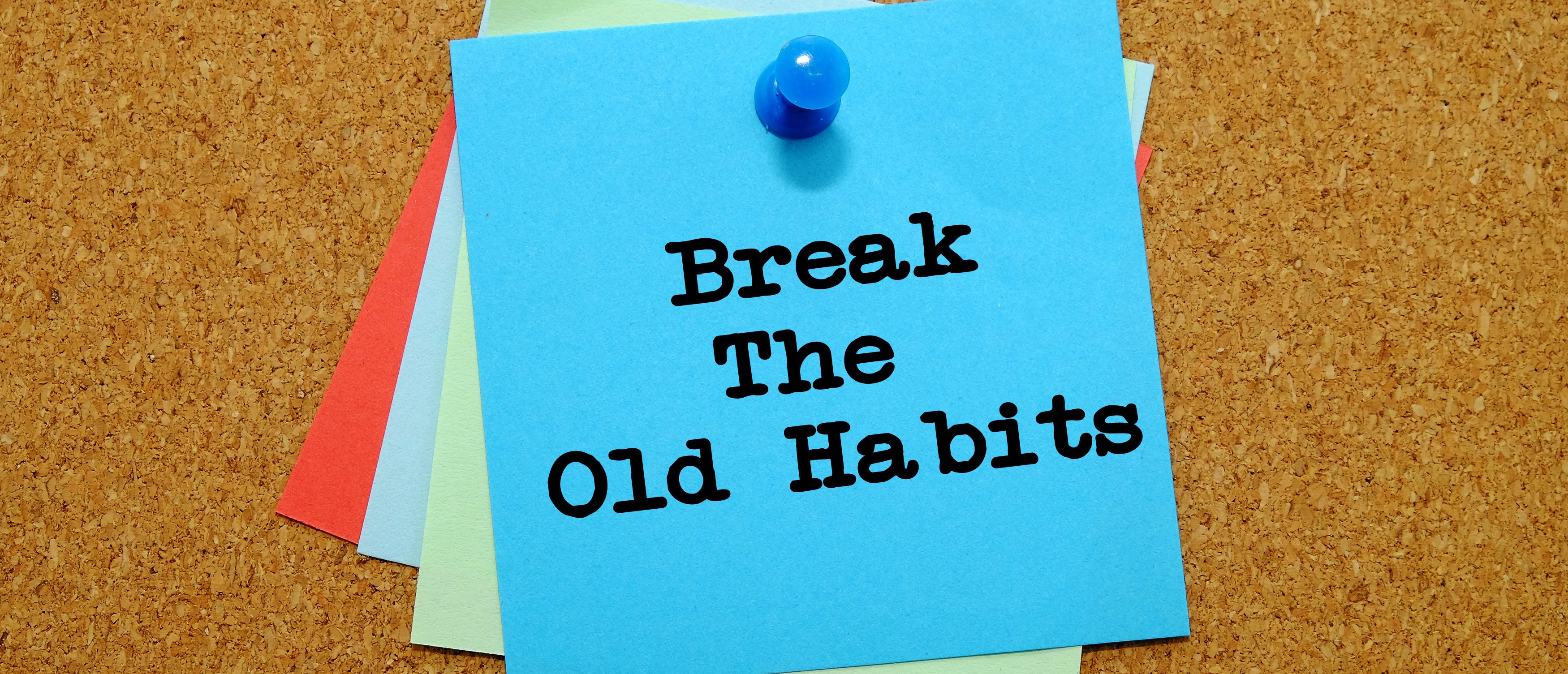
Triggers: People, Places, and Things, Oh My!
Dealing appropriately with one’s unique triggers is an important part of recovery. As a parent of a child in early recovery, one of your goals is to help your child avoid these triggers when possible. When they are unavoidable, you will need to help your child use their strategies to maintain sobriety.
Some questions we hear:
- How can my child avoid triggers like People, Places, and Things?
- What about when they have no choice but to be around the same People, Places, and Things on a daily basis (i.e. school, football games)?
- Where do we believe our children are safe?
- When do we feel safe to let them go out?
- Who can my child maintain friendships with?
Strategies for Dealing with Triggers
Manage your environment
In early recovery, managing your environment is extremely important to promoting and maintaining sobriety. Teens still need to have a social life, but it will look and feel different. One of the goals of recovery is to replace a using social life with a sober one. This takes time, encouragement, patience, and some acceptance of occasional boredom.
Because our adolescents are burdened with an illness that makes them susceptible to poor decision-making and friends who are already making poor decisions, we need to assist them in finding good alternatives and help them overcome their resistance to being different.
Learn How to Live Sober
Recovery starts with being free from substances — “chemical freedom”. Accepting the need to stay clean and sober takes willingness and commitment to do whatever it takes not to use. This includes having alternatives to the old ways. It means joining a group, going to an NA meeting, or having dinner with your family rather than ‘cruising the streets’ to see what’s going on.
Be Willing to Grow and Take New Risks
Teens in early recovery come to accept that they will have to make some hard choices and avoid triggers in order to stay sober. They can use your support, and the support of their peers in recovery. Avoiding or supplementing their old activities will help prevent relapses. Some families do find that it is necessary to change schools to help their children avoid their old triggers. However, most teens are able to come to terms with the fact that they simply cannot act as they used to. This will include at least some of their previous people, places, things, and activities.
Early recovery can be a time of great growth, but it also includes risking boredom and being excluded by old, substance abusing friends. Support from non-using peers and family is crucial, and helping teens plug in to groups and activities is part of our jobs as parents and counselors.